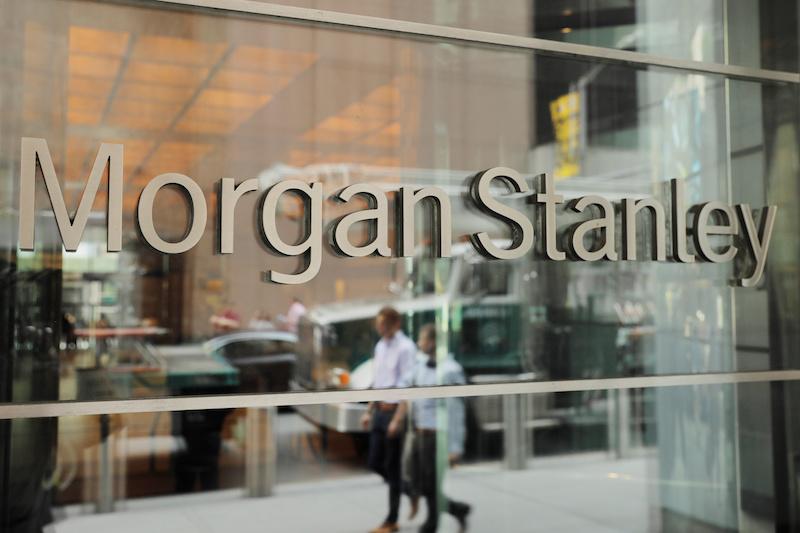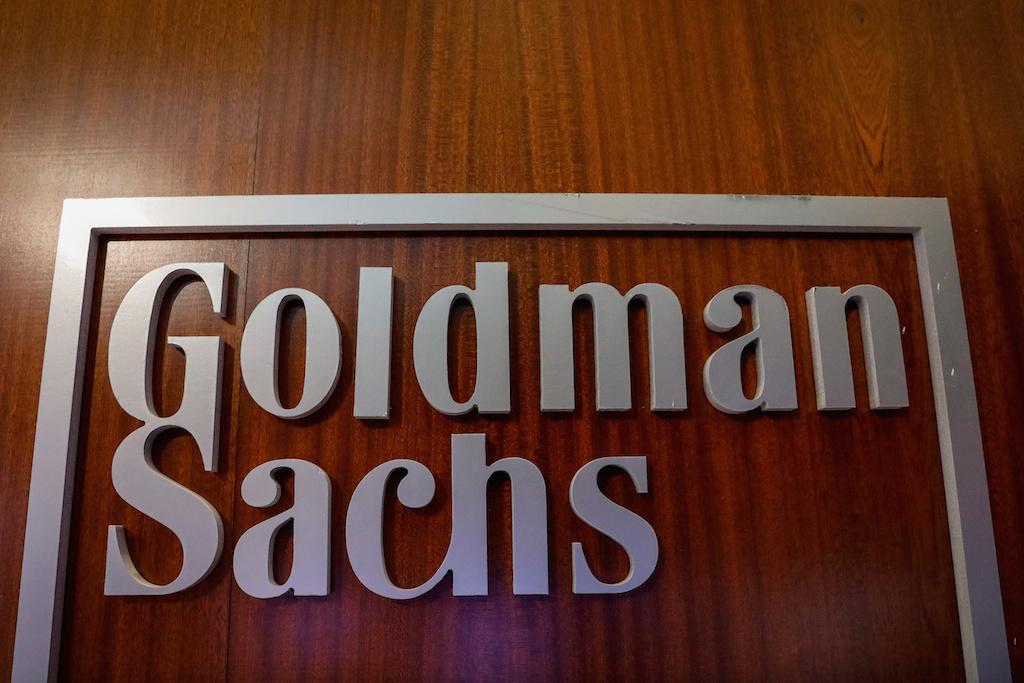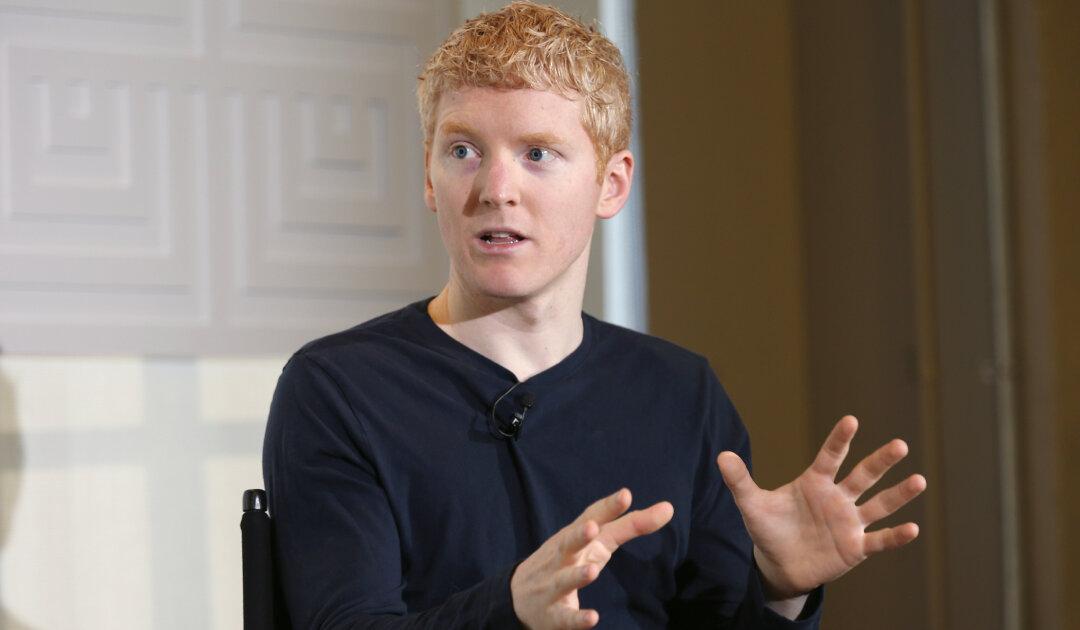Dealmaking’s not quite dead yet on Wall Street.
Morgan Stanley and Goldman Sachs Group Inc. both said on Oct. 16 that their investment-banking businesses surged in the third quarter, a sharp contrast to the slumps seen at all their major rivals. Both banks were helped by a boom in initial public offerings, and their debt-underwriting units weathered a slowdown better than the larger peers.




